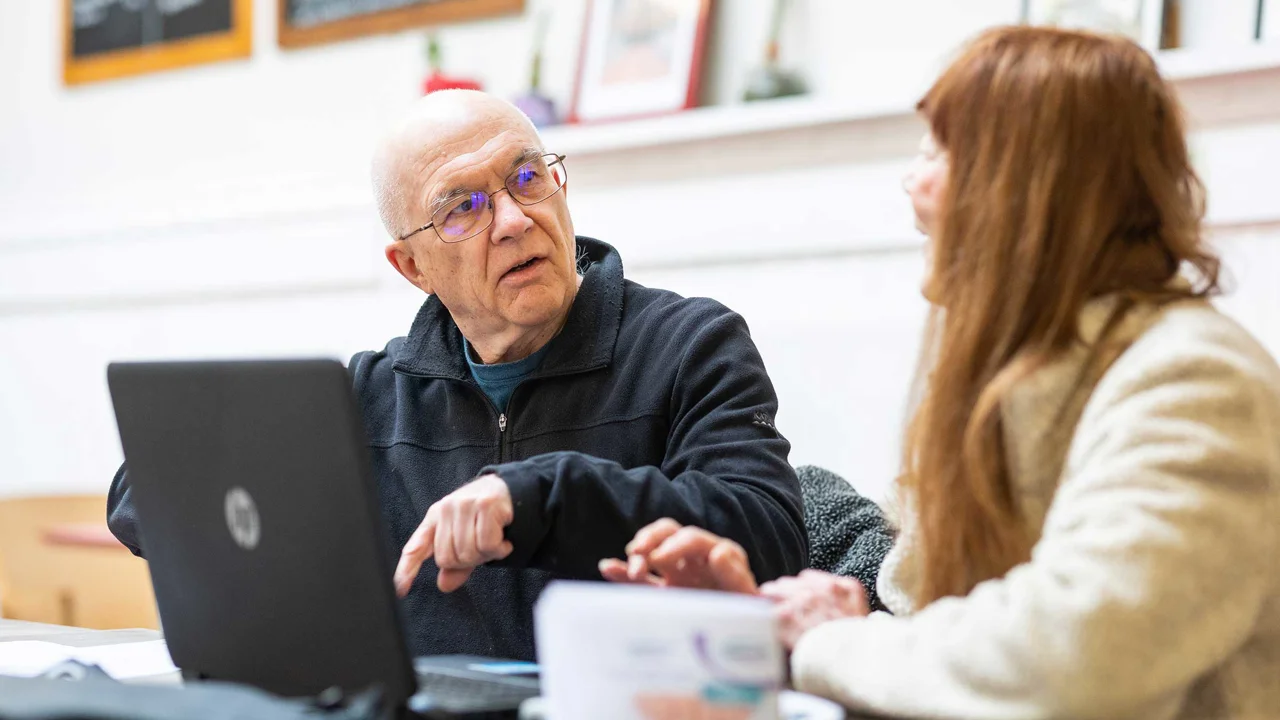Although dementia is a much-feared diagnosis, with good support, the right information and good quality care it is possible to live well.
People with dementia say they want to be treated as normally as possible, to continue with interests and social contact, and to stay independent for as long as possible. Everyone is different. However, people living with dementia have suggested that some or all of the following can help people to stay in control of their lives.





